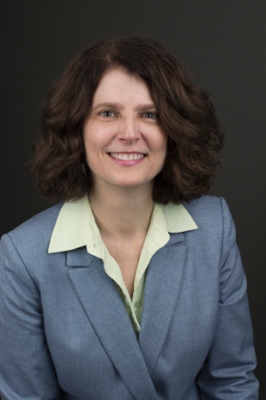A Word From Our Dean
Insights and Observations by Dr. Carmen Burkhalter, Dean

I was recently visiting with an alumnus who reminded me that regardless of a major, there are courses in a liberal arts education that one finds life-changing as well as career building. Since that meeting, I have had the opportunity to visit with alumni I had never met. I started asking one common question at each of these visits: “What course or courses would you like to tell students has had a major impact on your career success?”
Here’s where it gets interesting and the reason I chose this topic for this newsletter article. So far, about 80% of those alumni, regardless of whether they are scientists, historians, social workers, or musicians, have highlighted the same course as the alumnus that started my quest for this information - speech communication. I found this fascinating.
I should be embarrassed that I found this surprising. A College of Arts and Sciences is supposed to teach students effective communication skills along with critical thinking and problem solving, just to name a few. However, the overwhelming unsolicited enthusiasm for the need for effective communication surprised me.
I then asked which skills specifically taught in speech courses were valued. What I heard were descriptors of the classical rhetoric canons. Classic rhetoric is considered by some to be an art form: the art of using language to present ideas or persuade. Very specific details were provided about how, at UNA, they learned to refine and organize the delivery of material, adjust tone and body-language based on the audience, project their voice, convey emotion, have proper accent reducing enunciation, and look others in the eyes.
The alumni were loud and clear –speech communication is a critical component of the expansion of a person’s career. Fortunately, on our campus speech communication remains a requirement for graduation. This cannot not be said for all college campuses. Having heard from the alumni I remain even more committed to our students learning all they need to know to represent themselves, their family name, and their alma mater, and will continue to support the speech communication requirement.
